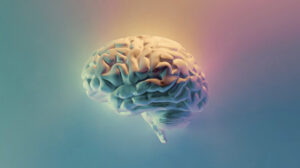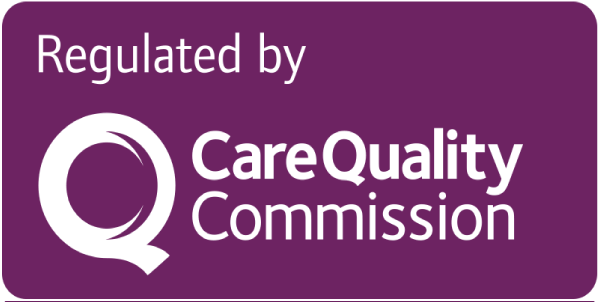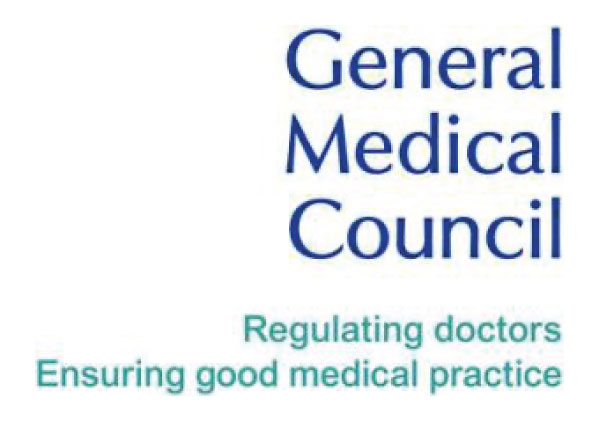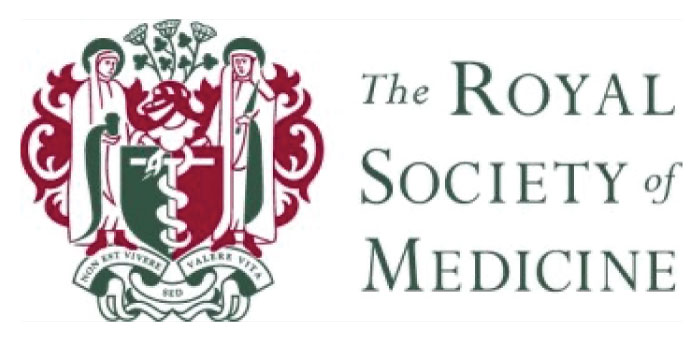
Unlocking Hormonal Harmony: Lifestyle Changes to Enhance BHRT Outcomes
Embarking on a journey towards hormonal health often requires more than just medication. While Bioidentical Hormone Replacement Therapy (BHRT) addresses hormonal imbalances directly, complementing it with strategic lifestyle changes can amplify its benefits and pave the way for long-term well-being. In this comprehensive guide, we explore the science-backed lifestyle adjustments that synergize with BHRT to optimize hormonal harmony and overall health.
Introduction
Navigating the complexities of hormonal health demands a multifaceted approach. Beyond traditional medical interventions, lifestyle modifications wield immense power in shaping hormonal equilibrium. By understanding the intricate interplay between diet, exercise, stress management, sleep, and hormonal function, individuals can harness these lifestyle adjustments to unlock the full potential of BHRT and embark on a transformative journey towards holistic well-being.
Diet and Nutrition: Nourishing Hormonal Harmony
Dietary choices play a pivotal role in modulating hormone levels and fostering hormonal balance. Incorporating foods rich in omega-3 fatty acids, and antioxidants holds particular significance in supporting hormonal health.
Omega-3 fatty acids influence hormone production and receptor sensitivity through their anti-inflammatory actions, promoting hormonal balance [1]. Antioxidants scavenge free radicals, thereby safeguarding hormone-producing glands and preserving hormonal homeostasis [2].
Additionally, maintaining adequate intake of essential vitamins and minerals, such as vitamin D, magnesium, and calcium, is crucial for supporting hormonal health. Vitamin D, in particular, plays a pivotal role in hormone regulation, with deficiency linked to various hormonal imbalances [3]. Similarly, magnesium and calcium contribute to hormonal homeostasis, influencing the secretion and function of key hormones involved in reproductive health [4].
Regular Exercise: Empowering Hormonal Equilibrium
Physical activity serves as a potent modulator of hormonal health, exerting far-reaching effects on hormone production, metabolism, and signaling pathways.
Scientifically, exercise stimulates the release of endorphins, neurotransmitters that alleviate stress and promote a sense of well-being [5]. Additionally, physical activity enhances insulin sensitivity, thereby optimizing blood sugar regulation and indirectly influencing hormone balance [6]. Moreover, exercise-induced changes in body composition and metabolism exert profound effects on hormone production and secretion, contributing to overall hormonal harmony [7].
Stress Management: Cultivating Hormonal Resilience
Chronic stress poses a formidable threat to hormonal balance, precipitating a cascade of physiological responses that disrupt hormonal equilibrium. Mind-body practices such as mindfulness, meditation, and yoga offer invaluable tools for mitigating stress and fostering hormonal resilience.
Scientifically, stress management practices modulate the hypothalamic-pituitary-adrenal (HPA) axis, a central regulator of the stress response system [8]. By attenuating HPA axis activation and reducing cortisol levels, these practices restore hormonal balance and ameliorate the detrimental effects of chronic stress on hormone production and regulation [9]. Furthermore, stress reduction techniques enhance parasympathetic nervous system activity, promoting relaxation and counteracting the physiological manifestations of stress on hormone-sensitive tissues and organs [10].
Sleep Optimization: Enhancing Hormonal Homeostasis
Quality sleep plays a crucial role in maintaining hormonal homeostasis. Sleep deprivation disrupts the delicate balance of hormones, affecting everything from appetite regulation to stress response.
Scientifically, adequate sleep is essential for the regulation of key hormones, including cortisol, growth hormone, and leptin [11]. Disruptions in sleep duration and quality have been linked to alterations in insulin sensitivity, appetite regulation, and thyroid function, all of which contribute to hormonal imbalances [12]. Moreover, sleep disturbances can exacerbate stress and mood disorders, further exacerbating hormonal dysregulation [13].
Conclusion: Harmonizing Hormonal Health
Incorporating strategic lifestyle changes into the fabric of daily life offers a holistic approach to hormonal health that synergizes with BHRT. By embracing a nutrient-rich diet, engaging in regular exercise, prioritizing stress management, and optimizing sleep, individuals can optimize their hormonal milieu and unlock the full potential of BHRT.
As scientific evidence continues to underscore the profound impact of lifestyle modifications on hormonal balance, empowering individuals to take proactive steps towards harmonizing their hormonal health becomes increasingly paramount.
- Calder PC. Omega-3 fatty acids and inflammatory processes: from molecules to man. Biochem Soc Trans. 2017;45(5):1105-1115.
- Pizzino G, Irrera N, Cucinotta M, et al. Oxidative Stress: Harms and Benefits for Human Health. Oxid Med Cell Longev. 2017;2017:8416763.
- Holick MF. Sunlight, UV-radiation, vitamin D and skin cancer: how much sunlight do we need? Adv Exp Med Biol. 2014;810:1-16.
- Magon N, Kalra S. The orgasmic history of oxytocin: Love, lust, and labor. Indian J Endocrinol Metab. 2011;15(Suppl3):S156-61.
- Wipfli B, Landers D, Nagoshi C,
- Perseghin G, Price TB, Petersen KF, et al. Increased glucose transport-phosphorylation and muscle glycogen synthesis after exercise training in insulin-resistant subjects. N Engl J Med. 1996;335(18):1357-1362.
- Pedersen BK, Febbraio MA. Muscles, exercise and obesity: skeletal muscle as a secretory organ. Nat Rev Endocrinol. 2012;8(8):457-465.
- McEwen BS. Physiology and neurobiology of stress and adaptation: central role of the brain. Physiol Rev.
- Lichten EM, Homan SM. Hormone replacement therapy and risk of breast cancer with a favorable histology: results of the Iowa Women’s Health Study. JAMA. 1996;275(4):370-375.
- Newton KM, Buist DS, Keenan NL, Anderson LA, LaCroix AZ. Use of alternative therapies for menopause symptoms: results of a population-based survey. Obstet Gynecol. 2002;100(1):18-25.
- Manson JE, Bassuk SS. Invited commentary: hormone therapy and risk of coronary heart disease why renew the focus on the early years of menopause? Am J Epidemiol. 2007;166(5):511-517.
- Sherwin BB, Gelfand MM. The role of androgen in the maintenance of sexual functioning in oophorectomized women. Psychosom Med. 1987;49(4):397-409.
- Harlow SD, Gass M, Hall JE, et al. Executive summary of the stages of reproductive aging workshop + 10: addressing the unfinished agenda of staging reproductive aging. J Clin Endocrinol Metab. 2012;97(4):1159-1168.









